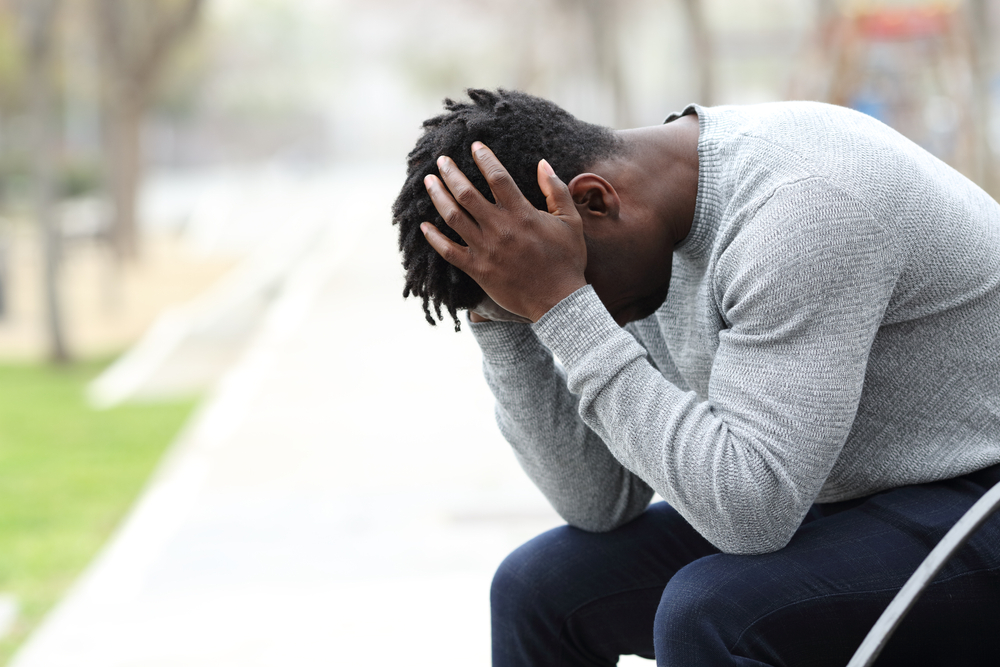Hangxiety, a term that blends hangover and anxiety, describes the feelings of anxiety, embarrassment, regret, and shame that can follow a night of drinking. Accompanied by typical hangover symptoms like headaches, nausea, and fatigue, hangxiety can be particularly distressing for those with pre-existing anxiety or depression conditions.
What causes hangxiety?
Alcohol affects the brain by interacting with neurotransmitters like gamma-aminobutyric acid (GABA), which initially has a calming effect. However, as the night progresses, alcohol can stimulate glutamate receptors, leading to increased excitability and disrupted sleep. This can exacerbate anxiety the following day. Furthermore, alcohol use can lead to dependency, creating a vicious cycle where anxiety symptoms worsen over time.
Practical tips for managing hangxiety
- Self-compassion: Be kind to yourself and recognize that guilt and shame are temporary and manageable.
- Hydration and rest: Alcohol dehydrates the body. Replenish fluids with water, sports drinks, or bouillon soup, and ensure you get enough rest.
- Pain management: Opt for non-acetaminophen pain relievers like ibuprofen or aspirin to avoid potential liver damage.
- Relaxation techniques: Engage in deep breathing, meditation, yoga, or tai chi to help reduce anxiety and improve mood.
Preventing hangxiety
To prevent hangxiety, consider moderating your alcohol intake. Stick to one or two drinks per night and alternate with water or non-alcoholic beverages to stay hydrated. Choosing lighter drinks or diluting alcoholic beverages can also help manage alcohol consumption.
When to seek professional help
If hangxiety frequently disrupts your daily life, it may be time to consult a health care provider. They can assess for underlying anxiety or depression and provide guidance on alcohol consumption. Remember, managing hangxiety is not just about treating symptoms but understanding and adjusting your relationship with alcohol.





